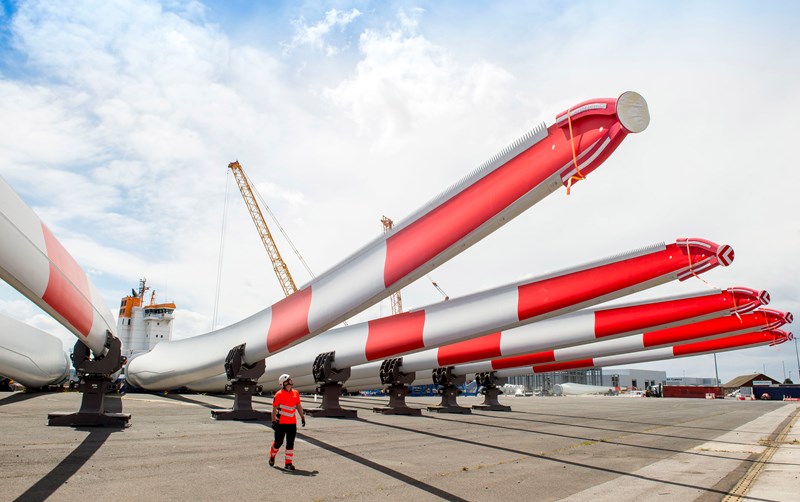Uncertainty surrounding politicians’ messaging over Net Zero and a lack of good projects in green energy are leading energy enablers & service suppliers to target revenues instead from the booming oil and gas sector, a report out today finds.
The London-headquartered international Energy Industries Council finds that contractors in supply chain firms selling into energy generation and distribution companies are increasingly seeking commercial security in legacy hydrocarbons, frustrated by governments’ equivocation around the need for Net Zero.
A lack of consistent work identified by the EIC in green projects is raising concerns worldwide that Net Zero 2050 ambitions will be missed, according to the body’s seventh annual Survive and Thrive report, released today.
Worldwide investment in drilling and selling hydrocarbons has boomed back to pre-Covid levels, according to values & projects tracked in the EIC’s Financial Investment Decision (FID) database. It finds that oil & gas projects are more immediately valuable to middle-sized contracting firms, energy intermediaries & enablers That means they are more likely to attract full funding from the enabling sector, compared to renewable and transition technologies.
Ventures in oil and gas, whether upstream, midstream, or downstream, get the readiest financial approval from suppliers’ boards, averaging around 20% for projects due to begin over the next five years, the EIC report finds.
Renewables projects & those in energy transition technologies stand much a lower chance of winning the nod from directors of enabling contractors. Every proposal related to offshore wind stands only an 8% of approval, for example. For projects related to new ways of making hydrogen, approvals run at 3%. With projects related to carbon capture (CCUS), board-level greenlighting runs at only 2%. Ventures around floating offshore turbines register just 1%.
Real-world evidence thus points, the report concludes, to a gap between widening governments’ green rhetoric and the reality of what businesses register in their order books.
The EIC’s 900 member companies range across energy sub-sectors. Its EICDataStream resource is a worldwide database of energy projects in development, and its EICAssetMap records operating energy assets. The association this year won the King’s Award for Enterprise.
Its Survive and Thrive paper depicts a fast-changing global energy landscape, where investors and business owners are experiencing once-in-a-generation levels of growth and profitability after ten lean years for the energy sector.
A decade of underinvestment in global energy infrastructure, coupled with energy security concerns and a return to normal activity levels after COVID-19, has led to high energy prices, rising costs, delayed renewable energy projects, and worries about skill shortages.
From interviews with nearly 100 heads of energy contacting firms worldwide, the EIC report flags up warnings over new policy challenges. The most serious is the fragility and jeopardy of Net Zero ambitions.
“Never before have we heard such vocal concern from our members about the growing gap between Net Zero dreams and industry reality”, say the authors. They calls for policy makers to table urgent new approaches to the goal, or accept a reality that targets will be missed and damage will be done.
“The much lower level of funding for green projects, compared to hydrocarbons, highlighted in this report, is having a direct impact on energy supply chain businesses”, said EIC CEO Stuart Broadley.
“They are not seeing enough renewable and transition-related work cascading down into their order books. This is such a lost opportunity. The supply chain wants to be part of, and to drive, net zero solutions, but opportunities just aren’t there, in anything like enough volume or profitability.”
“It’s high time for a reality check, ” Broadley argues. “We ask governments and energy policy makers to act now, to bring stakeholders together to address this energy policy crisis, to re-ignite funded demand for clean energy products and services, and to provide the right policy environment to encourage investment, innovation and the seeding and rooting of world-class, green-technology exporting businesses.”
The lack of breakthroughs to ease trading across international markets remain an enduring bugbear for supply chain contractors. For the seventh year in a row that absence heads the enabling firms’ list of complaints.
The report also seeks clarity around a developing skills crisis, sparking worries about the sustainability of any future growth, when the green revolution arrives.
Read the EIC report here.




